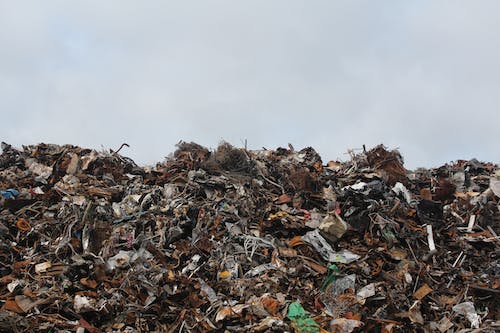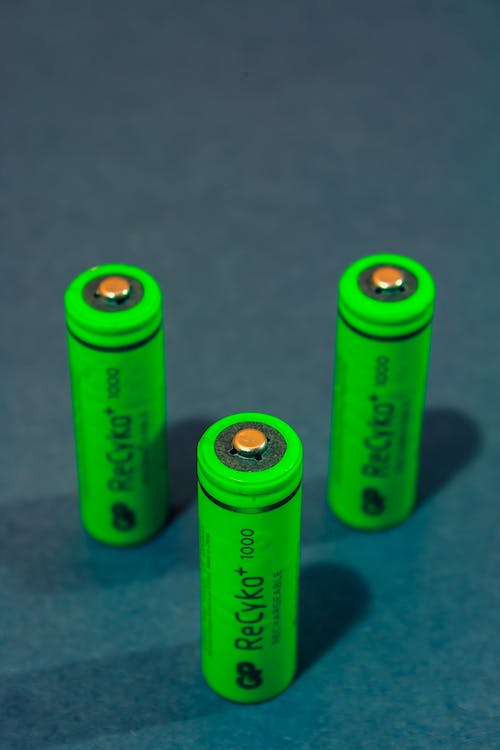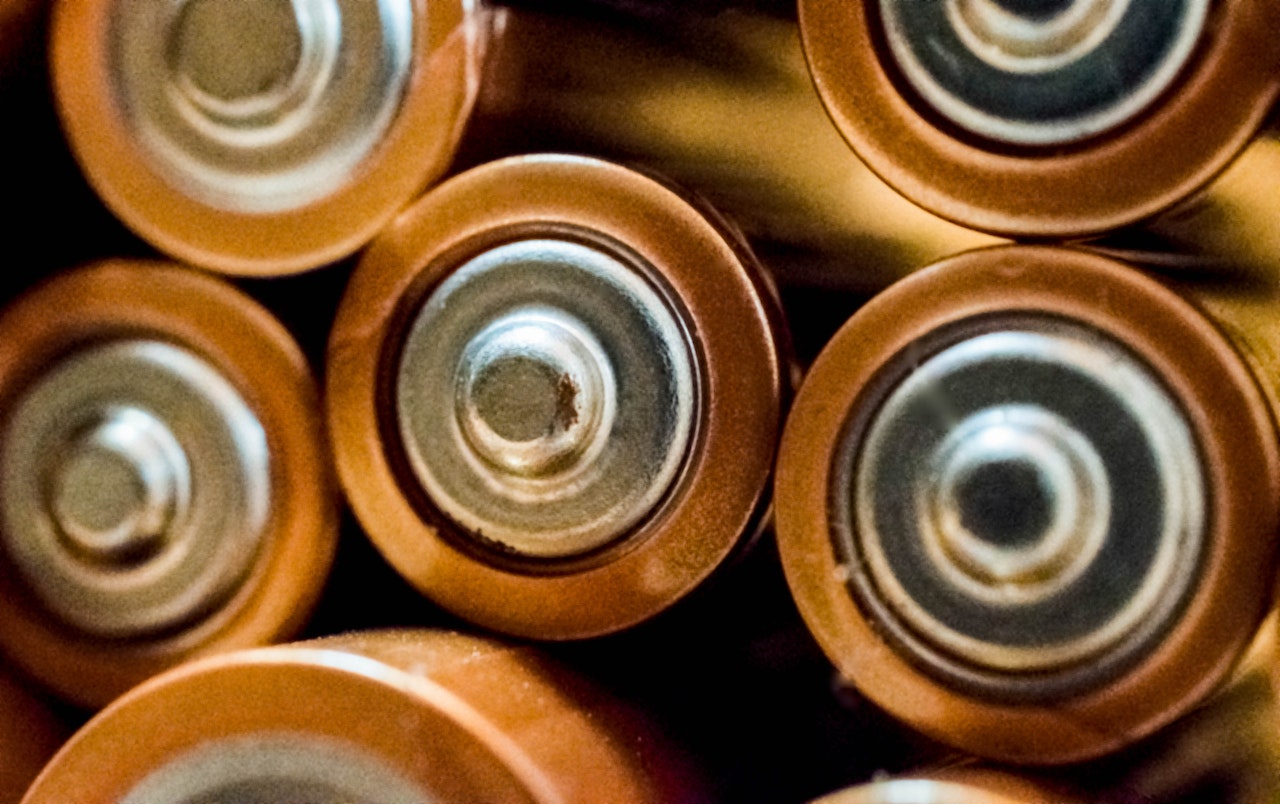|
|
When disposing of used batteries, knowing the right recycling location for each battery is vital. Many local solid waste facilities have designated drop-off points where you can safely put a wide variety of battery for proper recycling. This simple action prevents harmful substances from contaminating the environment and contributes to building a more sustainable and eco-friendly future.
Why is Battery Recycling Important?

Every year, billions of batteries are utilized worldwide, with a significant portion ending up in landfills, leading to substantial environmental consequences. According to data from the Environmental Protection Agency (EPA), about 2.9 million tons of lead acid batteries are thrown away annually in the United States alone. This disposal method poses soil and water contamination risks due to the hazardous components within batteries.
However, a viable solution to mitigate this problem and drive sustainability exists: battery recycling. Recycling used batteries are essential to avert harmful materials’ introduction into landfills and plays a pivotal role in nurturing a greener and healthier future for our planet.
Recycling plays a crucial role in reducing our environmental impact. Batteries often contain hazardous substances such as lead, mercury, and cadmium, which can leach into soil and water if improperly disposed of. By recycling batteries, we can minimize the release of these toxic materials into the environment and protect our ecosystems.
Watch a YouTube video on how to recycle dead batteries.
Preventing Hazardous Materials from Entering Landfills
Battery recycling is vital in protecting our environment and health by stopping harmful materials from entering landfills. Batteries contain heavy metals like cadmium, copper, lead, mercury, nickel, or zinc, which harm people and the environment.
When old batteries are thrown in landfills, these metals can seep into the ground and water, making food and water unsafe for humans and animals. Burning batteries can also release toxic metals into the air or leave them in the ash after burning. This can pollute the air we breathe and harm the environment.
Recycling batteries helps solve this issue. When we take batteries to recycling spots, they are carefully taken apart to remove these dangerous substances. This stops these chemicals from getting into the ground or water and causing pollution.
Can All Batteries be Recycled?

Not all batteries are created equal when it comes to recycling. Different battery types require different recycling processes. Let’s take a closer look at the recycling options for common battery types:
Recycling Alkaline Batteries
Alkaline or single-use batteries are commonly used in household devices like remote controls, toys, and flashlights. While it is safe to dispose of alkaline batteries in the trash, recycling them is a better option.
Many recycling centers accept alkaline batteries and extract valuable metals like zinc and manganese for reuse. It’s best to check with your manufacturer, local recycling center, or household hazardous waste collection program for specific instructions on recycling alkaline batteries.
Recycling Rechargeable Batteries
Rechargeable batteries are widely used in electronic devices like laptops, smartphones, and power tools. They are more environmentally friendly than single-use batteries because they can be recharged and reused multiple times.
However, rechargeable batteries should be recycled when they reach the end of their lifespan. Many retailers and electronic stores offer recycling programs for rechargeable batteries. Additionally, some municipalities have designated recycling centers for proper disposal of rechargeable batteries.
Understanding Different Battery Types
Understanding the different household batteries is essential to ensure they are recycled correctly. Some common battery types include AA, 9-volt, button cell, and car batteries. Each type may require specific recycling methods or be accepted at different locations. It is best to consult your local household hazardous waste collection program or recycling center to learn more about the recycling options available in your area.
How to Recycle Your Batteries Safely?
Recycling batteries safely requires a few simple steps to ensure proper disposal and prevent any potential hazards. Here are some guidelines to follow:
Identify the Battery Type
Before recycling, identify the type of battery you are disposing of. Different battery types may have different recycling requirements and guidelines. Look for any labels or markings indicating the battery type, such as “alkaline,” “rechargeable,” or “car battery.”
Research Local Battery Recycling Centers
Research and locate the nearest battery recycling centers in your area. Many recycling centers and local municipalities offer drop-off locations where you can safely dispose of your used batteries. Some retailers also have recycling programs for certain battery types. Contact your local recycling center or check their websites for more information on recycling options.
Follow Proper Disposal Guidelines
When preparing your batteries for recycling, following proper disposal guidelines to ensure safety is essential. Remove any battery terminals or tape them to prevent accidental discharge during transportation. Some recycling centers may provide specific instructions or offer battery recycling kits to facilitate safe disposal. Always handle batteries with care and avoid exposing them to extreme heat or damaging them, as damaged batteries may pose safety risks.

Battery Disposal Laws in California
California has implemented specific laws and regulations to ensure the proper disposal and recycling of batteries. These laws aim to minimize the environmental impact of batteries and promote responsible waste management.
California’s Universal Waste Rule
Under California’s Universal Waste Rule, certain rechargeable and button cell batteries, are considered universal waste and must be properly managed and recycled. This rule ensures that these batteries are collected, recycled, or disposed of through authorized facilities to prevent environmental contamination.
Recycling Requirements for Businesses
In California, businesses are required to properly manage and dispose of their used batteries through authorized recycling programs. This ensures that businesses contribute to the proper handling and recycling of batteries, reducing their impact on the environment.
Consumer Rights and Responsibilities
Consumers in California have the right to recycle their used household batteries and should take advantage of the recycling programs available in their local communities. By recycling batteries, consumers help reduce waste, conserve resources, and protect the environment for future generations.
The Future of Battery Recycling
The future of battery recycling looks promising, with ongoing innovations in battery technology and collaborative efforts to promote recycling and sustainability. Here are some developments and initiatives to look forward to:
Innovations in Battery Technology
Researchers and manufacturers are continuously exploring ways to develop batteries with improved recyclability and reduced environmental impact. Innovations such as lithium-ion battery recycling and advancements in battery materials aim to make the recycling process more efficient and cost-effective.
Collaborative Efforts in Battery Recycling
Government entities, recycling centers, manufacturers, and consumers are joining forces to create a more comprehensive and efficient battery recycling system. Collaborative efforts involve educating the public, expanding recycling infrastructure, and implementing stricter regulations to ensure batteries are recycled responsibly.
Green Initiatives for a Sustainable Tomorrow
As awareness of the environmental impact of batteries grows, more green initiatives are emerging to encourage battery recycling and sustainable practices. These initiatives include public awareness campaigns, incentives for recycling, and the development of eco-friendly battery disposal alternatives.
In conclusion, battery recycling is a crucial step towards a greener future. Recycling dead batteries must reduce environmental impact, promote resource conservation, and prevent hazardous materials from entering landfills. Individuals and businesses must understand the proper disposal guidelines and use local battery recycling programs. Together, we can positively impact the environment and work towards a more sustainable tomorrow.
Frequently Asked Questions
Rechargeable batteries can be reused multiple times by recharging them after they run out of power.
Single-use batteries, also known as disposable batteries, can only be used once and then need to be disposed of.
It is important to dispose of batteries properly to minimize their environmental impact. You can either take them to a recycling center or place them in a designated recycling bin for batteries.
Most commonly, including alkaline and zinc-carbon batteries, 9-volt batteries, coin batteries, and lead-acid batteries can be recycled. However, checking with your local recycling center for specific guidelines is important.
Small batteries, including button batteries and small sealed rechargeable batteries, should be placed in separate plastic bags and taken to a recycling center or designated drop-off points.
Yes, California has specific recycling laws for batteries. It is important to comply with these laws to protect the environment and avoid potential fines.
Lithium ion or li-ion batteries can be recycled at designated recycling centers. Some electronics stores also offer battery recycling services.
Primary batteries are non rechargeable and single-use batteries. Examples include single-use alkaline batteries and button batteries.
Recycling each battery in separate plastic bags is recommended to prevent contact between different battery types and potential hazards.
Contact your local municipal recycling center for more information on proper battery recycling and disposal procedures.
Conclusion
In the journey towards a more sustainable future, taking action through battery recycling is a pivotal step we can all contribute to. By responsibly recycling dead batteries, we safeguard our environment, prevent hazardous materials from seeping into landfills, and ultimately create a greener tomorrow for future generations.
The small act of recycling has far-reaching effects, promoting resource conservation, reducing pollution, and demonstrating our commitment to a healthier planet. As we continue to make conscious choices in our daily lives, let us remember the profound impact that recycling dead batteries can have on shaping a brighter and more eco-friendly future.












